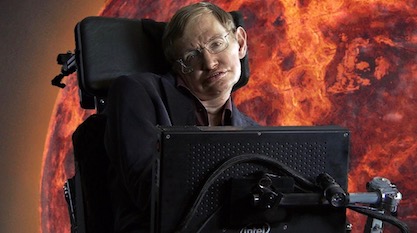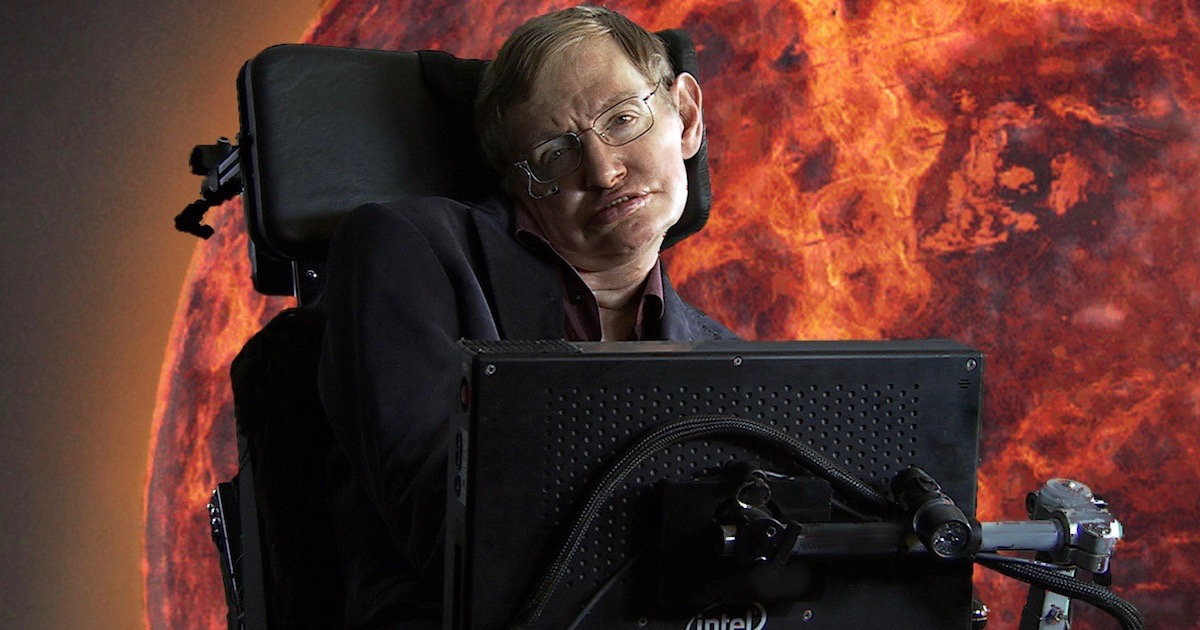 Physics, Earth & Space
Physics, Earth & Space
“Spontaneous Creation”: Meyer on Stephen Hawking’s Category Error


We’re now more than a week beyond the passing of Stephen Hawking, and so we are feeling freer to do other than engage in eulogies. We asked Discovery Institute philosopher of science Stephen Meyer for his view on Hawking’s notions about the universe’s self-creation.
In his book The Grand Design, as you know, Hawking argues that “Because there is a law such as gravity, the universe can and will create itself from nothing. Spontaneous creation is the reason there is something rather than nothing, why the universe exists, why we exist.” Thus, for Hawking, “It is not necessary to invoke God to light the blue touch paper and set the universe going.”
Meyer points out, though, that Hawking’s statement betrays a kind of category error — a philosophical misunderstanding of what the laws of nature do. Meyer notes that “the laws of nature describe how matter and energy in different states or configurations interact with other material entities. They do not tell us where matter and energy (or space and time) came from in the first place.” He goes on:
The laws of nature typically describe how nature behaves, using abstract mathematics. Those mathematical equations exist in our minds, not in nature itself. Thus, saying that the laws of nature — even the laws of quantum mechanics — explains where the matter and energy, space and time of the universe came from is like saying that the longitude and latitude lines on the map explain how the Hawaiian Islands ended up in the middle of the Pacific Ocean.
Hawking earlier seemed to realize this. He asked poignantly in A Brief History of Time, “What is it that breathes fire into the equations and makes a universe for them to describe?” But in The Grand Design he slipped back into reifying our mathematical descriptions of nature — treating the mathematical descriptions in our own minds as if they existed as real things in nature, things that could, moreover, cause other entities they describe to originate in the first place.
“The laws of nature,” says Meyer, “describe how stuff behaves once it exists. They do not explain where that stuff came from.”
